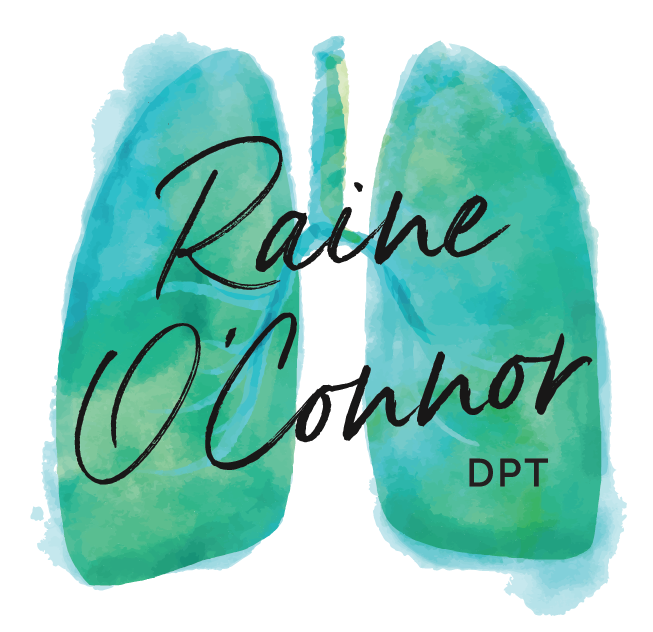Why do we hold our breath?
“If holding our breath is so bad for us, then why do so many of us do it?”
I’ll never forget the day when a professional breath holder, one of my students, an Olympic synchronized swimmer named Gina, asked me that question.
Twenty years ago, I taught Gina and her fellow Olympic synchronized swimmers Pilates and yoga. And, they taught me many valuable lessons about breathing. First and foremost, we are much more apt to hold our breath after inhaling than exhaling. It’s just much harder to hold your breath after exhaling the air out of your lungs.
If you don’t believe me or just want to learn more about it, watch my video on how inhaling and exhaling affect apnea, alias breath-holding.
Back when Gina asked her question, I gave her a very basic answer, “We hold our breath to avoid pain. It temporarily anesthetizes us. But, in the long run, we pay compounding interest on our neglected, unfinished business.”
Now with 20 more years of life experience and teaching, plus a doctorate in physical therapy, I have a more elaborate answer. We are seduced into apnea for many reasons:
Electronic devices cause what’s called screen apnea. An electronic device doesn’t breath and we match its energy by holding our breath while using it. Whereas exercise demands we breathe vigorously, a sedentary lifestyle stifles our respiration and cues us to hold our breath. Additionally, sitting around also triggers poor posture and poor posture begets poor breathing, as in apnea.
And, it’s still true, now more than ever we try to avoid pain, including painful feelings, such as fear and grief through apnea.
No one I know has been spared from the epic cultural and economic changes caused by the COVID-19 pandemic. Epic changes lead to fear of the unknown and grief for our losses. Please choose to “hold yourself together with your breath instead of hold your breath.”
To help you breathe and move well, you are invited to all of my Zoom yoga and Pilates classes. See the Zoom class schedule here.
Be well,
Natazha Raine O’Connor

